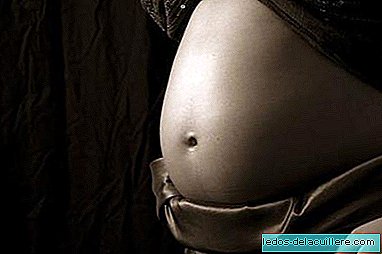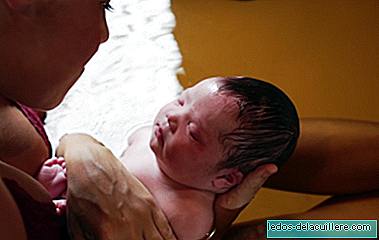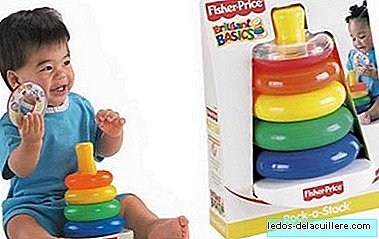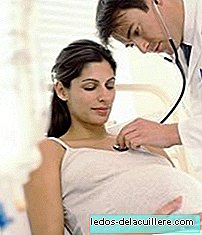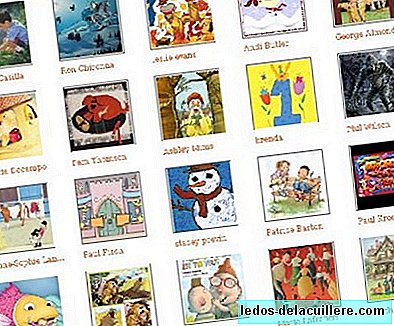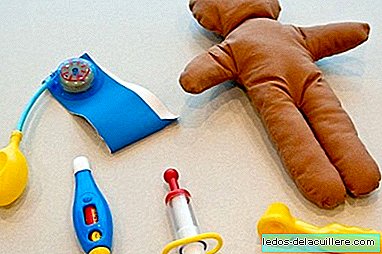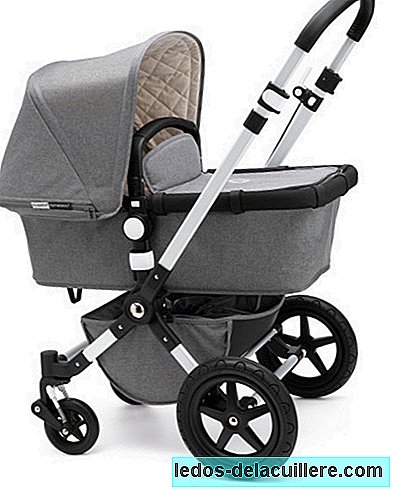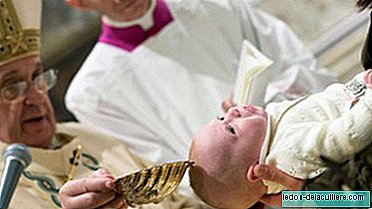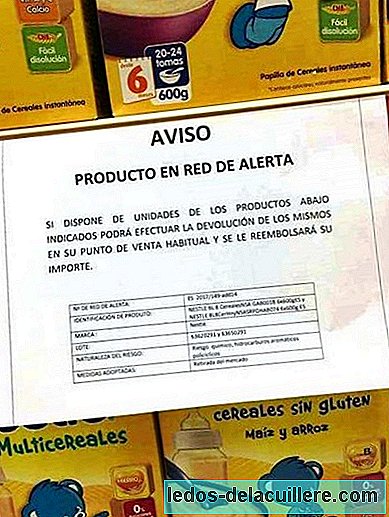
For a few days this image is running through social networks creating alarm and confusion among mothers and fathers. This is a photo taken in a supermarket where they sell porridge from Nestlé brand cereals together with a sign that warns that those people who have boxes at home of the indicated lots can take them to the supermarket to proceed with the money back.
The reason? As indicated, by "Chemical risk, polycyclic aromatic hydrocarbons", the measure being adopted "Withdrawal from the market". Is it true that there is a chemical risk from consuming Nestlé cereal porridge?
Now imagine that you are a mother or father with a baby who consumes these cereals. Hello? Do we have to take the child running to the emergency room? Is it dangerous for your life? Does anyone think putting "Chemical risk" What will worry you the most is that your money be reimbursed?
In other words, the alarm is spreading like wildfire and in this situation we have decided to take the image and explain what has really happened.
Lots with too many hydrocarbons in Belgium
After seeing that there is no notification on the Nestlé website, nor do alerts appear on the website of the Spanish Agency for Consumer Affairs, Food Safety and Nutrition (AECOSAN), from Babies and more we have contacted Nestle to know the scope of the problem, the risks and the possible solutions.
Apparently, back in July, Belgian health authorities found in some lots of Nestlé children's cereals PAH levels (Polycyclic aromatic hydrocarbons) higher than expected.
These compounds can arrive accidentally when they are in the environment of the place where the raw materials are produced that will later become part of the different products, although at the levels that were detected there is no risk to the health of minors.
Despite this, Nestlé decided to withdraw the products that had been produced from that raw material, being some commercialization lots in Spain.
The Official College of Pharmacists of Malaga echoed this alert and removed and published the lots. However, in the words of Nestlé's "Customer Service" "as PAH levels were not high in the papillas of Spain, the alert was not extended to the population" and therefore it makes no sense that supermarkets ask for the return of cereal boxes nor, of course, to add a sheet saying there is a chemical risk.
So, there is no danger to health?
Exact. There is no toxic danger because in the lots of Spain this alteration has not been seen. But even if these higher levels existed, it is considered that this risk does not exist.
If anything, what is recommended by health agencies is offer babies cereals without added sugars, or with the minimum amount of simple sugars in its ingredients (hydrolyzed cereals do not add sugar, but convert complex hydrates into simple sugars, more quickly absorbed and have a greater impact on the health of small ones). But this is another topic, of course.
So if someone has these cereals at home, or buys them regularly, don't worry at all. This happened in July, in Belgium, and there was no reason to blow the alarm in Spain.


